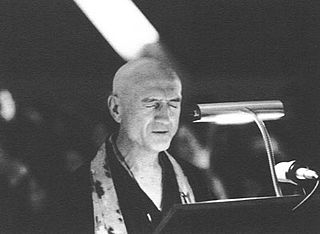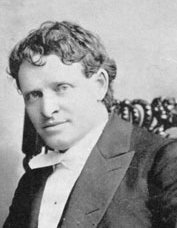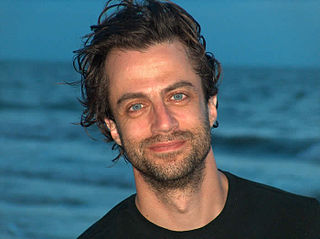A Quote by James Russell Lowell
It is the privilege of genius that life never grows common place, as it does for the rest of us.
Related Quotes
Police have both extra constraints and extra permissions - on the one hand, they can't dodge involvement in social disorder as the rest of us can and they may be required to conduct themselves privately in a way that does not undermine their public authority; on the other hand, they have permission to engage in deceptions, invasions of privacy and uses of force that are forbidden to the rest of us. But this does not put them beyond common morality.
It is emphatically no sacrifice. Say rather it is a privilege. Anxiety, sickness, suffering, or danger, now and then, with a foregoing of the common conveniences and charities of this life, may make us pause, and cause the spirit to waver, and the soul to sink; but let this only be for a moment. All these are nothing when compared with the glory which shall be revealed in and for us. I never made a sacrifice.
And what, you ask, does writing teach us? First and foremost, it reminds us that we are alive and that it is gift and a privilege, not a right. We must earn life once it has been awarded us. Life asks for rewards back because it has favored us with animation. So while our art cannot, as we wish it could, save us from wars, privation, envy, greed, old age, or death, it can revitalize us amidst it all.
Ultimately the case for shunning animal flesh does not rest on what the Buddha allegedly said or didn't say. What is does rest on is our innate moral goodness, compassion, and pity which, when liberated, lead us to value all forms of life. It is obvious, then, that willfully to take life, or through the eating of meat indirectly to cause others to kill, runs counter to the deepest instincts of human beings.
I remember my youth and the feeling that will never come back any more /the feeling that I could last for ever, outlast the sea, the earth, and all men; the deceitful feeling that lures us on to joys, to perils, to love, to vain effort /to death; the triumphant conviction of strength, the heat of life in the handful of dust, the glow in the heart that with every year grows dim, grows cold, grows small, and expires /and expires, too soon, too soon /before life itself
But Shakespeare knows what the sphinx thinks, if anybody does. His genius is penetrative as cold midwinter entering every room, and making warmth shiver in ague fits. I think Shakespeare never errs in his logical sequence in character. He surprises us, seems unnatural to us, but because we have been superficial observers; while genius will disclose those truths to which we are blind.
The truth is, anyone who puts so much of herself and her life into art as you do must naturally fear any failure in that art as a potential threat to your life. And so you protect your art more than you protect your health or the common forms of happiness the rest of us have. And you probably have this in common with every artist you admire.





































